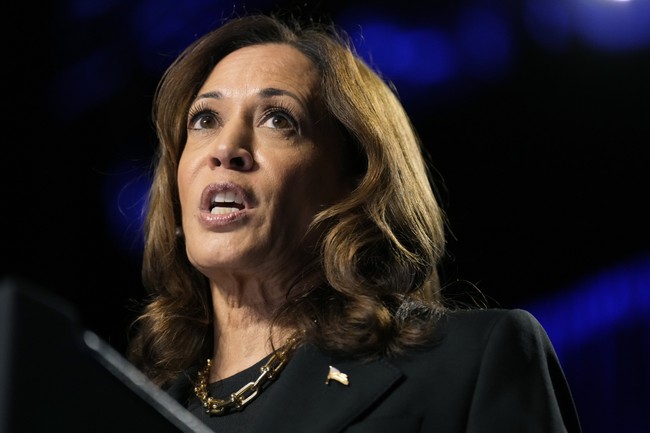

If the U.S. Department of Education suddenly went away, what would change for local families and communities? Not much.
For starters, the Department of Education doesn’t “educate” anyone. It’s a middleman. Americans send their taxes to Washington, D.C., the bureaucracy takes a big chunk of it to pay staff and overhead, and the rest is sent to states and local communities with a bunch of red tape. Reducing that bureaucracy should save money, which means schools could actually receive more funding.
Parents are better at making decisions for their children than federal bureaucrats.
Furthermore, there’s no evidence that the federal involvement has improved education. Since the department was created in 1980, federal per-pupil spending has skyrocketed, but results on the National Assessment of Educational Progress — also known as the Nation’s Report Card — have been largely stagnant.
Yet a recent Fast Company article declared that ending the Department of Education “would be disastrous for Title I schools,” with a special emphasis on Greater Johnstown Public Schools in Pennsylvania. And who is making that claim? Not surprisingly, it’s largely people who benefit from the current system, including the head of the local and state teachers’ unions, the director of the law firm that’s led efforts to increase school taxes, and the director of a policy center that has historically received substantial funding from unions.
When your only arguments are nothing more than fearmongering, you’ve ceded the debate.
Title I will remain
For better or worse, ending the Department of Education would not end Title I funding, which is supposed to help low-income students. Title I existed before the Department of Education and would likely be administered through a different department if the agency were shuttered.
As with other federal involvement, we have no evidence that Title I has been effective overall. For example, the Nation’s Report Card has for decades shown a consistent achievement gap between economically disadvantaged and non-economically-disadvantaged students.
There has been talk of changing how Title I is distributed to improve its effectiveness. One option is converting the funding to block grants that states could administer with fewer strings. This would put decision-making power closer to the students who are impacted by these decisions and enable state leaders to direct funds where they see the most need. It would be an improvement over the current Washington-based system.
Better still would be to bypass the states and convert the funding to scholarships, enabling parents to choose the educational support that their children need. Ultimately, there’s no constitutional role for the federal government when it comes to education, which makes sense given the impossibility of bureaucrats in Washington, D.C., knowing what’s best for children in, say, Pennsylvania.
One of us was formerly a teacher and principal in Johnstown public schools and is now the principal of Bishop McCort Catholic School, also in Johnstown. He has dealt with Title I firsthand in both environments and seen the problems caused by the red tape and lack of flexibility with the funding. He’s confident that dismantling the Department of Education — and making any federal funds portable so parents could choose the best environment for their children — is the best way to support the students served by Title I.
Parents over bureaucracy
And that’s the bottom line when it comes to education. Parents are better at making decisions for their children than federal bureaucrats. Pennsylvania public schools spent nearly $22,000 per student in 2022-23 (the latest data available). In the Greater Johnstown School District, per-pupil spending was more than $23,000. Yet 82% of students scored below proficient in math, and 77% scored below proficient in English. Imagine what parents could do if they could direct even half of that funding to the educational option that worked better for their kids.
Dismantling the U.S. Department of Education will not destroy education, but it may put a dent in the public schooling bureaucracy. Despite the fearmongering of people who work in the system, less bureaucracy and more freedom for parents and students are good things.
Editor’s note: This article was originally published by RealClearPennsylvania and made available via RealClearWire.
.png)
 6 hours ago
8
6 hours ago
8















 English (US)
English (US)